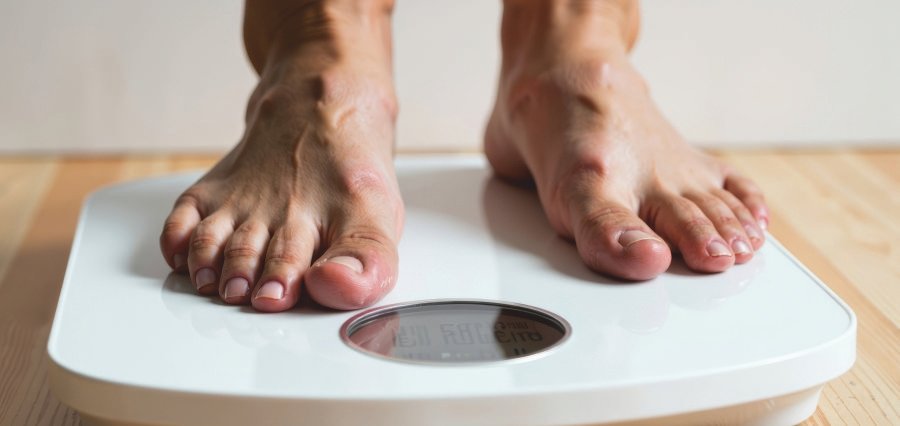Prime Highlights:
- Weight-loss injections like Wegovy and Mounjaro are helping patients achieve significant weight reduction.
- NHS access remains limited, creating a potential “postcode lottery” and private pay gap.
Key Facts:
- Over 1.5 million people in the UK use weight-loss drugs, but more than 90% pay privately.
- Eligibility criteria differ across NHS regions, restricting access for those with lower BMIs.
Key Background:
Weight-loss injections are helping people fight obesity by enabling significant weight loss and improving health. Drugs like Wegovy (semaglutide) and Mounjaro (tirzepatide) reduce appetite, help people feel full, and can lead to losing up to a fifth of their body weight.
These medicines were first made to treat diabetes, but many people now use them to lose weight. Celebrities like Serena Williams, Whoopi Goldberg, and Elon Musk have shared their experiences, raising awareness.
In the UK, the NHS provides these injections, but strict rules mean only people with high BMIs or certain health conditions can get them in many areas. Martin Fidock, UK managing director of Ovivia, calls this a “postcode lottery,” because access depends on where someone lives. Many people pay privately, between £100 and £350 per month, which raises concerns about fairness.
Success stories show how effective these drugs can be. Sara de Souza from Nottingham gained a lot of weight after pregnancy. She even financed Mounjaro on her own and lost 30kg within a year, feeling much more energetic and confident. In the poorer regions, though, they are not accessible to many individuals.
According to experts, these injections cannot substitute healthy eating, exercise, and good lifestyle habits. They also stress that access to healthy food and local health support is important in fighting obesity.
With over 160 new weight-loss treatments being developed, costs may fall in the future, and more people could get access. For now, these injections offer hope but also show the challenges of fair healthcare access.




